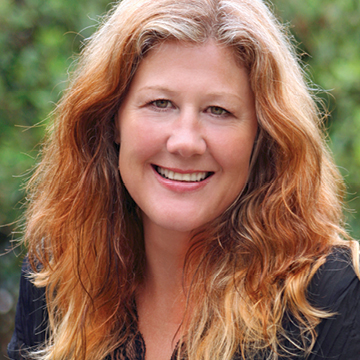What are they? Where do they come from?
Free radicals are molecules that have lost an electron and become unstable. So they then try to ‘steal’ an electron from somewhere else. This can cause damage to cell walls, tissues and cell function.
Oxygen, interestingly is one of the worst free radicals – even though we need it for survival, it is very unstable and can become a free radical very easily.
Free radicals in our bodies can be generated in many ways – and often involve our lifestyle – pollution, excesses of alcohol, cigarettes and even anger.
Free radicals are part of life (in fact some types in low doses actually protect us), however too many free radicals in the body tends to ‘snow-ball’ unless they are held in check by antioxidants.
Antioxidants make free radicals no longer dangerous, by providing the missing electron and making the free radical stable. Antioxidants can be vitamins, minerals, enzymes, proteins or plant compounds.
Research suggests that free radicals attacking cells and the resulting damage is associated with many degenerative diseases including cancer, heart and lung disease, autoimmune disorders, neurological disorders, hepatitis and ageing.
In our diet antioxidants are mainly found in coloured whole foods, with fruits being particularly high. Many of these compounds can also be supplemented in our diet, which may not be a silly idea to support ageing gracefully and help protect against degenerative diseases.
About the Author

Denise Elliott-Hardyment - Bachelor of Health Science (Complementary Medicine), Naturopath, Medical Herbalist, Beauty Therapist